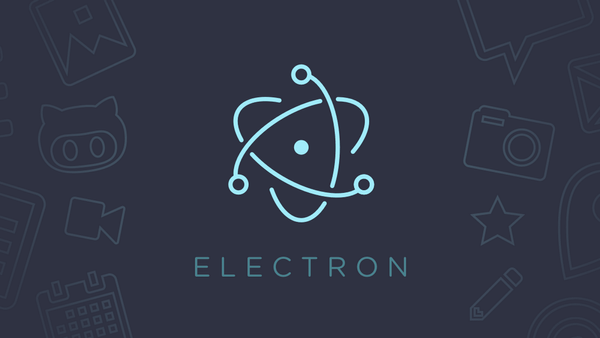The Hidden Cost of AI-Generated Code: How We're Losing Our Programming Skills

In recent years, the increasing reliance on AI-generated code has become a double-edged sword in the programming world. While it promises increased productivity and faster development cycles, it's quietly eroding the fundamental skills that make great programmers. This concerning trend is reshaping the landscape of software development, and not necessarily for the better.
The Atrophy of Core Programming Skills
Just as muscles weaken without regular exercise, programming skills deteriorate when we outsource our thinking to AI. Many developers, especially those early in their careers, are falling into a dangerous pattern of dependency. Instead of wrestling with problems and developing robust problem-solving skills, they're increasingly turning to AI for quick solutions. This "copy-paste programming" approach might solve immediate problems, but it's creating a generation of developers who struggle with fundamental concepts.

The Learning Deficit
The most critical impact is on skill development. When developers rely on AI to generate code, they miss out on crucial learning opportunities. Understanding why a particular solution works, exploring different approaches, and learning from mistakes are essential parts of becoming a proficient programmer. AI-generated code often bypasses this vital learning process, leaving developers with superficial understanding and limited ability to debug or optimize their code.
Professional Growth Stunted
In the professional world, the consequences of over-reliance on AI are becoming evident. Senior developers report a troubling trend: junior developers who can prompt AI effectively but struggle with basic programming concepts. This creates a dangerous skills gap that becomes apparent during complex problem-solving scenarios or when dealing with system-level issues that require deep technical understanding.
The False Economy of Time Savings
While AI can generate code quickly, the time saved often comes at a hidden cost. Developers who heavily rely on AI-generated code frequently spend more time debugging mysterious issues, struggling to maintain code they don't fully understand, and facing challenges when the AI's solution doesn't quite fit their specific needs. This creates technical debt that compounds over time.
The Path Forward
To prevent the erosion of programming skills, developers must adopt a more balanced approach:
- Use AI as a learning tool rather than a code generator
- Practice writing code from scratch regularly
- Understand the fundamentals before seeking AI assistance
- Invest time in understanding generated code thoroughly
- Set personal limits on AI usage for routine tasks
[Image suggestion: A balanced scale showing "AI assistance" on one side and "Manual coding skills" on the other]
Call to Action
The time has come for developers to critically evaluate their relationship with AI coding tools. While these tools have their place in modern development, they shouldn't replace the fundamental practice of writing and understanding code. Let's use AI to enhance our capabilities, not replace them.
Remember: Every time you ask AI to solve a problem without first attempting to understand it yourself, you're missing an opportunity to grow as a developer. The best programmers of tomorrow will be those who maintain their core skills while selectively leveraging AI to enhance their capabilities, not replace them.
The future of programming lies not in complete dependence on AI, but in maintaining a healthy balance between human skill and artificial assistance. As we move forward in this AI-driven era, let's ensure we're not trading long-term capability for short-term convenience. After all, the ability to think like a programmer is what separates great developers from mere code operators.




